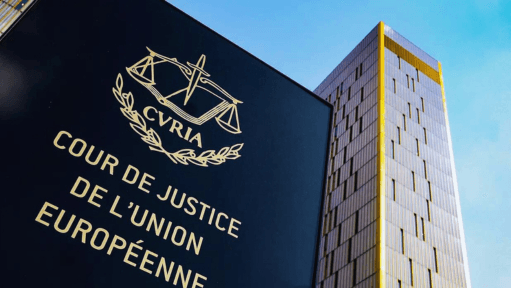
ECHR Unanimously Condemns Russia for Human Rights Violations in Crimea
Landmark Ruling Highlights Systematic Abuses Since 2014 Amid Ongoing International Scrutiny
The European Court of Human Rights (ECHR) has delivered a unanimous ruling against Russia, finding the country responsible for systematic human rights violations in Crimea since 2014. The court's decision marks a significant international condemnation of Russia’s actions in Crimea, following its annexation of the region from Ukraine.
In its ruling, the ECHR outlined multiple violations, including unlawful arrests, restrictions on freedom of speech, and discrimination against ethnic minorities, particularly Crimean Tatars. The court found that Russia had systematically failed to uphold the basic human rights of Crimean residents, violating several articles of the European Convention on Human Rights.
This verdict follows years of international criticism regarding Russia’s control over Crimea and its impact on the region’s population. Human rights organizations and international observers have long documented abuses, including suppression of political dissent, unjust imprisonment, and the targeting of ethnic and religious groups who opposed Russia’s occupation.
The ECHR ruling is significant as it reinforces the broader international stance that Russia’s annexation of Crimea was unlawful and that the treatment of residents under its control violates international law. The court’s decision adds legal weight to the numerous reports and investigations that have highlighted the severe human rights situation in Crimea.
While the ruling is a symbolic victory for human rights advocates and Ukraine, enforcing the decision remains a challenge. Russia is not a member of the European Court of Human Rights, having exited the jurisdiction after widespread international sanctions were imposed following its 2022 invasion of Ukraine. As a result, while the court’s ruling is a powerful condemnation, its practical implications may be limited in compelling Russia to change its policies in Crimea.
Nonetheless, the ruling underscores the continued international pressure on Russia to account for its actions in Crimea and the broader conflict in Ukraine, maintaining the focus on the human rights violations occurring under its occupation.
For any enquiries or information, contact ask@tlr.ae or call us on +971 52 644 3004. Follow The Law Reporters on WhatsApp Channels